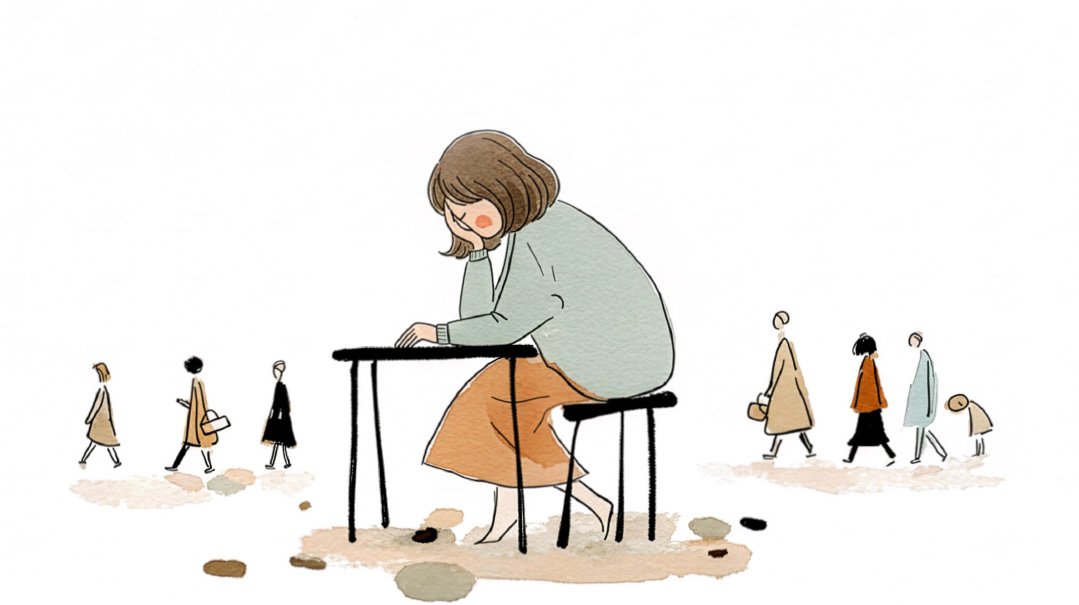


Sarah Chana Radcliffe, M. Ed., C. Psych., is a psychologist in private practice in Toronto, Canada and weekly family-life columnist for Family First. She is the author of the HarperCollins Publications “Raise Your Kids without Raising Your Voice” and “The Fear Fix,” as well as seven books on Jewish family life and emotional well-being, including her most recent publications “Make Yourself at Home” and “Harmony at Home.” She is also the author of the e-book “Better Behavior Now!” and the creator of the popular “Daily Parenting Posts” email for parents. She conducts online webinars through Jewish Workshops on parenting, marriage and mental health, speaks locally and internationally on these topics, and counsels parents, couples and individuals. To learn more, visit her website at www.sarahchanaradcliffe.com.










